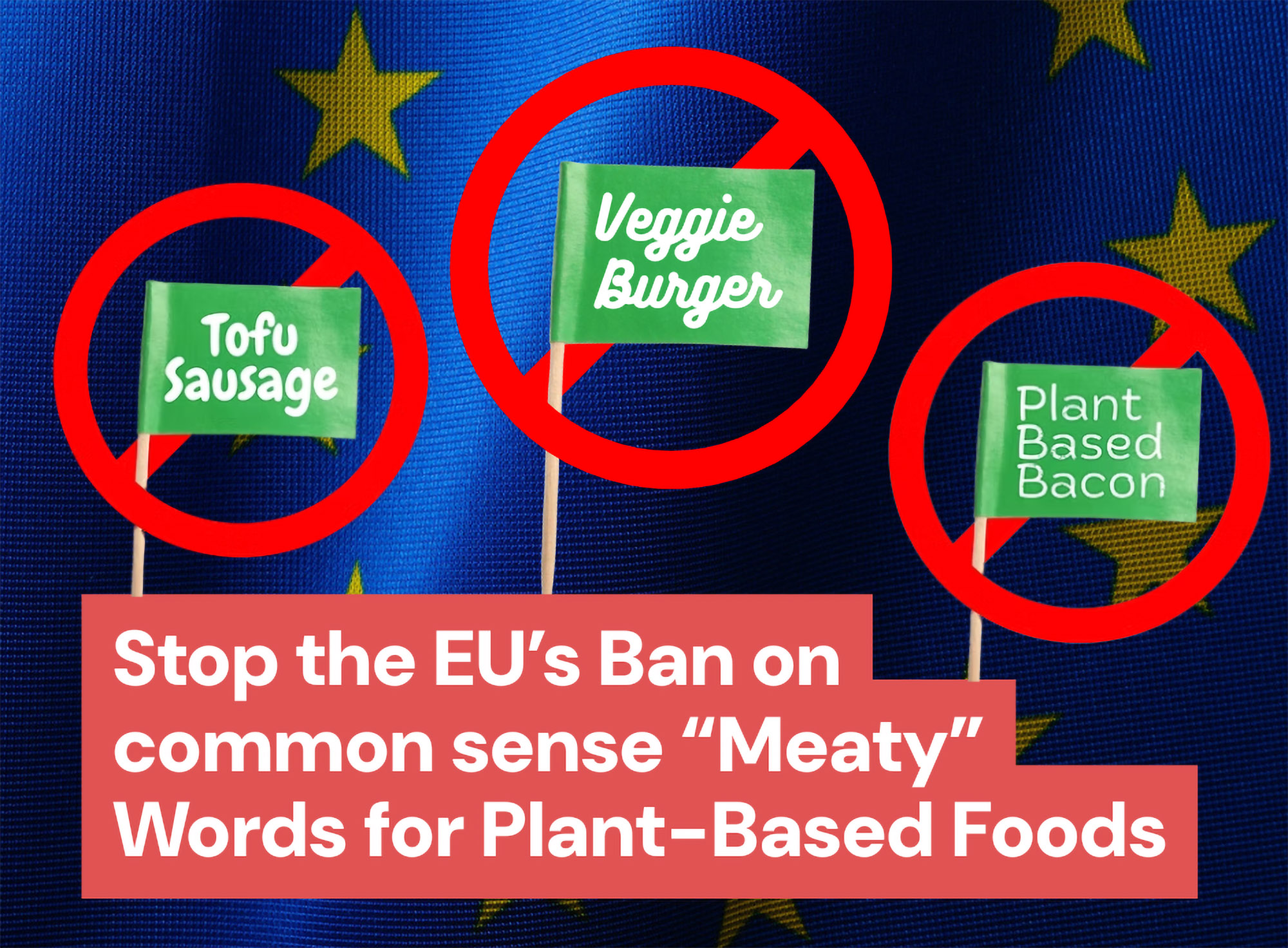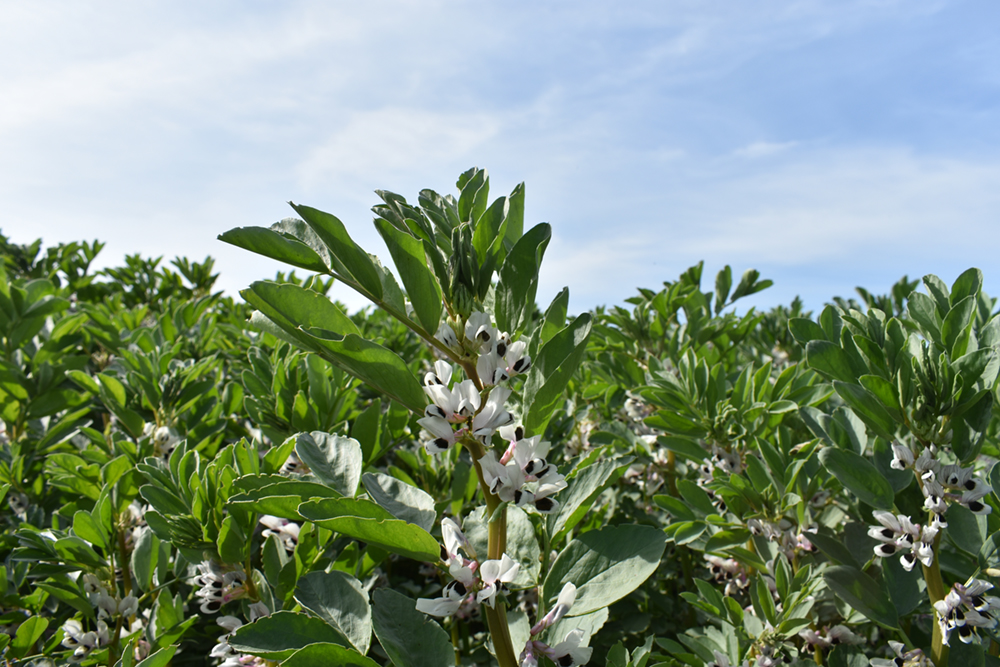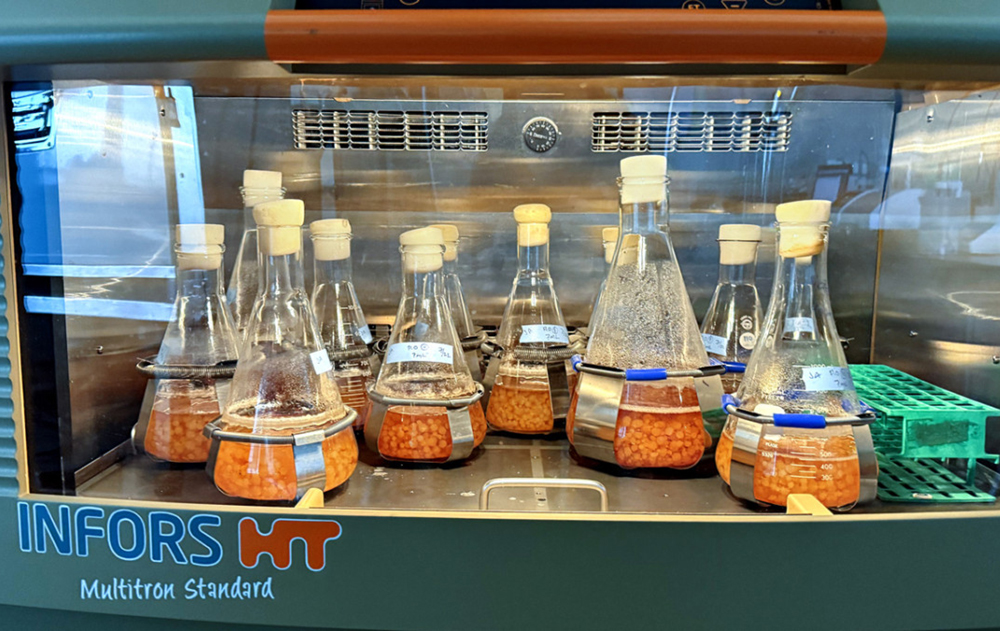

Industry groups unite to oppose EU plan to ban ‘meaty’ terms for plant-based foods
A coalition of more than 250 organizations from 22 countries has called on the European Commission to withdraw a proposed regulation that would ban the use of familiar 'meaty' terms such as beef, chicken, bacon, ribs, and breast on plant-based food labels. The proposal, introduced in July, would also redefine 'meat' strictly as 'the edible parts of an animal', effectively prohibiting plant-based products from using the same language that helps consumers understand their purpose.
If approved, the restrictions could extend even further. An amendment proposed by the European Parliament would include the terms burger and sausage, potentially forcing companies to rename many of their most popular products. The Commission said the plan was designed to “enhance consumer transparency” and “preserve the cultural and historical significance of meat terminology.”
Critics argue that the proposal is unnecessary, confusing, and harmful to one of Europe’s fastest-growing food sectors. The coalition of companies, consumer groups, and environmental organizations said the regulation ignores existing EU law and rulings from the European Court of Justice, which have already determined that current legislation sufficiently protects consumers from misleading labeling. In 2020, the European Parliament rejected a similar ban, concluding that consumers are not confused by terms such as veggie burger or plant-based sausage. Even the Commission itself has previously stated that additional regulation in this area was not needed.
Opponents of the proposal say it could create more confusion, not less. Surveys by the European Consumer Organisation found that up to 80% of consumers have no objection to plant-based products using traditional meat terms when labels clearly indicate they are meat-free. The research also suggests that forcing manufacturers to adopt new and unfamiliar terminology would make it harder for consumers to identify these foods and understand how to use them.
“The idea that consumers are being misled by words like ‘veggie burger’ is simply not supported by evidence,” the coalition stated. “Consumers are making intentional, informed choices – and removing familiar language only makes sustainable options harder to find.”
The economic implications could also be significant. Europe leads the global plant-based meat market, valued at €2.7 billion (US$2.9 billion) in 2024. Industry representatives warned that a ban would trigger expensive rebranding, disrupt supply chains, and discourage investment at a time when plant-based food manufacturing is becoming an important growth engine for European farmers and startups.
Critics said the proposal adds another layer of bureaucracy to an already complex regulatory landscape. Instead of protecting consumers, they argued, it risks stifling innovation and limiting the competitiveness of European food companies in a market that is expanding globally.
Beyond the commercial fallout, environmental advocates emphasized that the proposed restrictions would undermine the EU’s climate and food security goals. Plant-based foods are central to achieving lower emissions, improved public health, and reduced pressure on land and water use. Restricting how these foods are labeled, campaigners said, would weaken the bloc’s Green Deal ambitions and slow progress toward more sustainable diets.
The coalition is urging the European Commission, Parliament, and Council to withdraw the proposed ban and any related amendments, and to uphold existing legal precedents that safeguard fair and transparent labeling. They are also calling on policymakers to support innovation in sustainable food systems by allowing plant-based products to use clear, consumer-friendly language that helps shoppers make informed choices.
Campaigners also warned that similar restrictions could soon be extended to fish and dairy alternatives. Plant-based milk and yogurt are already forbidden from using traditional dairy terminology under existing EU law, a move critics say has caused confusion and limited consumer understanding.
“Instead of focusing on restricting language, EU policymakers should be supporting the farmers and companies driving Europe’s sustainable food future,” the coalition wrote. “Consumers are not confused by plant-based burgers – but they will be if Brussels starts banning common sense.”
If you have any questions or would like to get in touch with us, please email info@futureofproteinproduction.com

.png)






